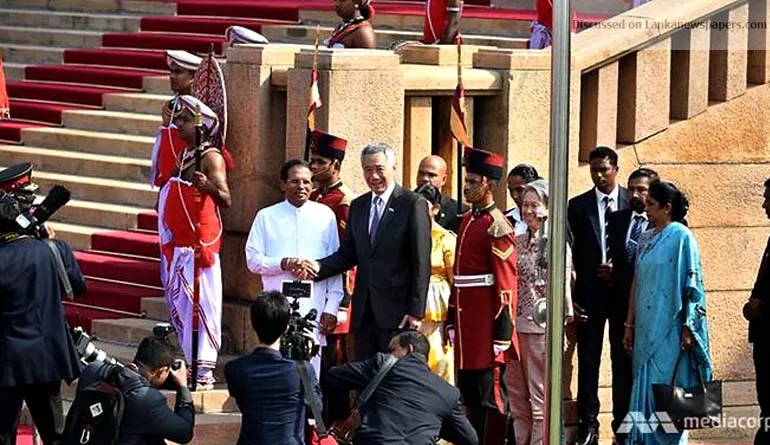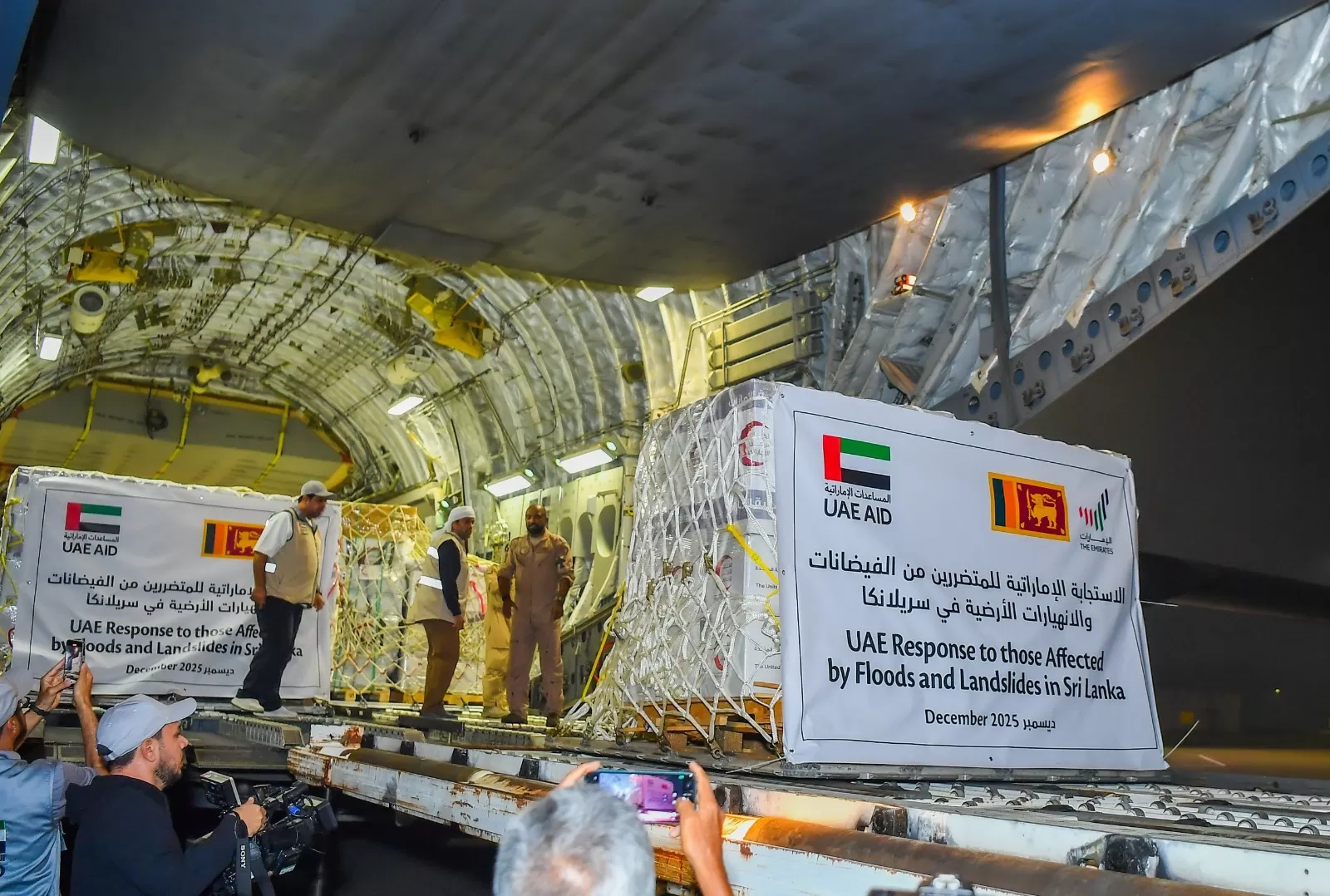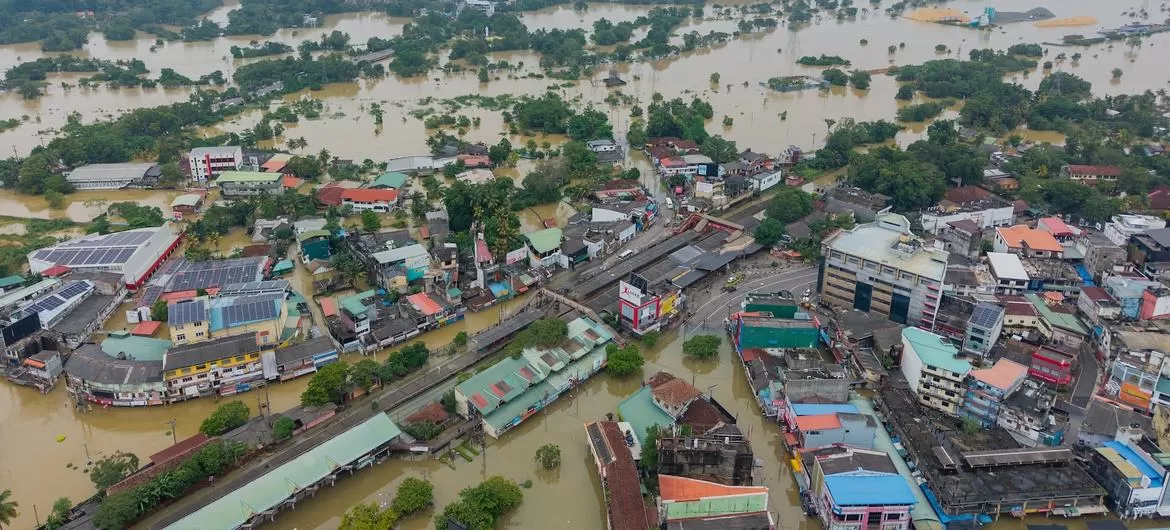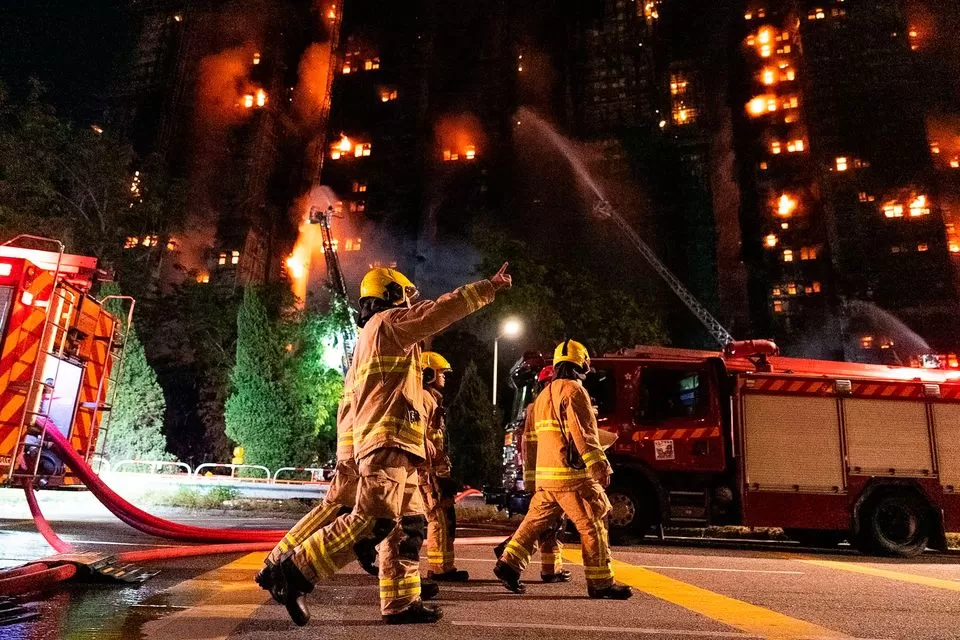
Singapore and Sri Lanka signed a free trade agreement on Tuesday (Jan 23) which will deepen economic ties and facilitates greater trade flows between the two countries. The Sri Lanka-Singapore Free Trade Agreement (SLSFTA) was signed by Singapore’s Minister for Trade and Industry (Industry) S Iswaran and Sri Lanka’s Minister for Development Strategies and International Trade Malik Samarawickrama. Prime Minister Lee Hsien Loong and Sri Lankan President Maithripala Sirisena witnessed the signing in Colombo. With the deal inked, Singapore and Sri Lanka companies will gain greater access to each other’s markets across many sectors, said Singapore’s Ministry of Trade and Industry (MTI) in a news release. TARIFF ELIMINATION ON MOST SINGAPORE EXPORTS, ACCESS TO GOVT PROCUREMENT Outlining the key benefits of the agreement, MTI said Sri Lanka will over 15 years, eliminate tariffs on 80 per cent of Singapore’s exports. This means a potential tariff savings of about S$10 million each year, it added. The ministry said the agreement also contains one of the most liberal rules of origin, which will allow more exports from Singapore to qualify for the lower tariffs negotiated. It includes Sri Lanka’s first treaty commitment on government procurement. This will allow Singapore companies to bid for projects by several of Sri Lanka’s large central entities and state-owned enterprises. Singapore and Sri Lanka are also committed to granting better access to each other’s services markets, said MTI, adding that the agreement includes sectors of interest to Singapore companies in the professional and trade-related services as well as environment, construction and tourism. The SLSFTA also covers cross-border transfers of information by electronic means and data flows. MTI said this will benefit Singapore and Sri Lanka companies given the increase in demand for e-commerce and digital services. There are also safeguards against discriminatory treatment based on nationality and protection against expropriation. Under the agreement, the Singapore International Arbitration Centre is listed as an institution where Investor-State disputes can be heard. MTI said this is aligned with the objective of promoting Singapore as an arbitration hub.
 Prime Minister Lee Hsien Loong and President Maithripala Sirisena witness the signing of the free trade agreement.
Prime Minister Lee Hsien Loong and President Maithripala Sirisena witness the signing of the free trade agreement. 



